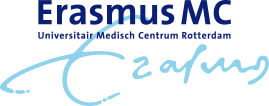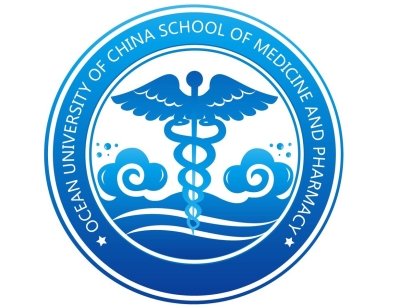Can seaweed reduce blood glucose of obese type 2 diabetes patients?
The aim of this innovative project is to investigate if dietary supplementation with seaweed improves blood glucose regulation in obese type 2 diabetes patients. The elaborate knowledge of Ocean University of China regarding health-improving components of seaweeds will help the Erasmus MC to obtain insight into the potential beneficial effects of seaweeds from the Eastern Scheldt harvested and processed by Seaweed Harvest Holland and Stichting Zeeschelp on the progression of type 2 diabetes. After the data have provided scientific evidence for the application of seaweed in the prevention, treatment or reversal of type 2 diabetes Medical Meals will develop a strategy to bring the seaweed-food concept to the attention of companies and will develop “medical-food-boxes” containing locally collected or cultivated seaweed as cost-effective nutrient.
Type 2 diabetes is a serious highly prevalent (> 1 million in the Netherlands) chronic disease and its complications, cardiovascular disease, retinopathy, nephropathy, neuropathy, and foot amputation lead to premature death. Therefore there is an urge for prevention. Because diet plays an important role in the development of type 2 diabetes, dietary interventions are used as a strategy for finding solutions. Seaweeds contain unique bioactive components that improve glucose tolerance and also reduce circulating lipid levels. Consequently, dietary supplementation with seaweed may reduce the risk of complications of type 2 diabetes.
Results: Daily supplementation of the diet with 5 grams of dried Sargassum fusiforme for a period of 5 weeks did not significantly affect glucose parameters as well as most lipid parameters in the circulation of patients with type 2 diabetes and overweight. Body weight was not affected by supplementation with the seaweed. Sargassum fusiforme administration did reduce plasma total cholesterol concentrations, but this was also found in the patients receiving the placebo. Similarly, a reduction in the self-reported calorie-intake was found in the two groups. A pilot experiment suggested a beneficial effect on circulating inflammatory cells. Because a relatively low number of patients completed the Fucus vesiculosus procedure, no conclusions from these data were drawn.
The beneficial effects observed in the control group may be the result either of a small amount of Nori (0.5 gram/day) and/or of the experimental procedure. Future experiments with higher dosages of Sargassum fusiforme and/or of a longer treatment period may reveal a potential role of the seaweed in the prevention, treatment or even reversal of type 2 diabetes and its complications. The final step will be to bring locally collected or cultivated seaweed to the market as cost-effective nutrient. Seaweed components can be further examined for pharmacological applications.





